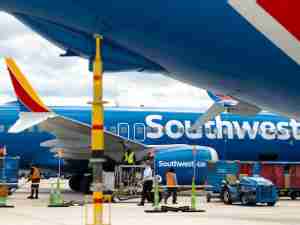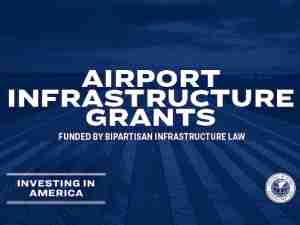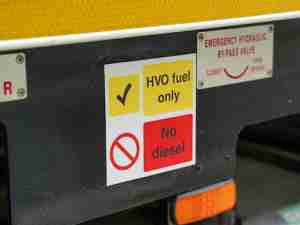LAN CARGO signs an agreement to remove more than 24 TON of cardboard per month from Easter Island
posted by AJOT | Aug 21 2014 at 02:07 PM | Air Cargo
LAN CARGO and the Municipality of Easter Island signed an important agreement that establishes transport of cardboard bundles to the mainland for recycling and reuse.
The activity was led by the Minister of the Environment, Paul Badenier; the mayor of Easter Island, Pedro Edmunds; and Louis Castellani, Domestic Cargo Business Manager of LAN CARGO, among other Easter Island authorities.
LAN CARGO’s part in the agreement includes transport of 12 bundles of cardboard a week (more than 24 metric TON per month) from the island to Santiago, an average four metric tons, distributed on Wednesday and Friday flights. Once on the mainland, a recycling company that arranges their reuse removes the bundles.
Since March of this year, the company has been working with the Municipality of Easter Island and the Orito Recycling Plant. “With this operation, LAN CARGO materializes its constant concern for the most isolated areas of our country, performing tasks in close collaboration and coordination with local authorities. To date, we have shipped more than 95 tons of cardboard from Easter Island to Santiago. Thus helping in the sustainability of the recycling program implemented by the Municipality of Easter Island. We expect to finish out 2014 having transported 350 metric tons of cardboard! We are very committed to the community of Easter Island and hope that with this task we can help preserve the environment and contribute to improving the quality of life of its inhabitants”, says Luis Castellani, Domestic Cargo Business Manager of LAN CARGO.
At the Orito recycling plant, Minister of the Environment, Paul Badenier, highlighted the role of the municipality with recycling issues, since due to the particular conditions of the island and the limited lifespan of landfills, it is key to work on waste reduction policies and to strengthen public-private partnerships, as with the company LAN CARGO in this case, in terms of sustainability.
Regarding the legal structure of the initiatives related to recycling, Badenier stressed that ” the law for promoting recycling, which is in process of being passed, will allow the volume of waste that is recycled to increase, achieving savings in energy and raw materials in different production processes”.
This agreement is part of one of LAN CARGO’s social responsibility programs that aims to support the remote areas of Chile.
LAN first came to Easter Island 47 years ago, and to this day is the only airline that flies there daily. The geographical features of this destination make it one of the most complex routes to operate. The nearest airport is nearly 4,000 kilometers away, making this territory the most remote in the world.
Recycling on Easter Island
The characteristics of Easter Island have made the treatment of waste, generated by their own inhabitants and tourists who are constantly passing through, very difficult. This has caused environmental problems such as water shortage, depletion and overfilling of the two trash dumping sites.
Following an initiative led by Mayor Pedro Edmunds, it was determined that one of the lines of work of the municipality would be recycling. That is how the islanders began to learn about it and started separating their trash, which began being removed twice a week in May 2013. Starting this year, community generated recyclable waste is removed daily, reaching between 10 and 12 tons. Of this amount, 20% is currently recycled.
We want to make our Island a sustainable place, a better land for our people. We want our children to be aware, to learn and to take care of their land. Today we are working to ensure that future generations have the same resources that we enjoy today,” explains Pedro Edmunds, mayor of Easter Island.
Cardboard Processing
The Orito Recycling Plant processes paper, cardboard, Tetra pack, glass, tires, plastics, electronics and pet waste.
In 2013 only, 133 metric tons of cardboard, which are compacted into bundles whose weight fluctuates between 300 and 500 kilos, were received. They must pass a quarantine period of six months to a year before LAN CARGO can transport them to the mainland.
Once in Santiago, the cardboard is collected by the recycling company Recupac, which is responsible for its disposal.









